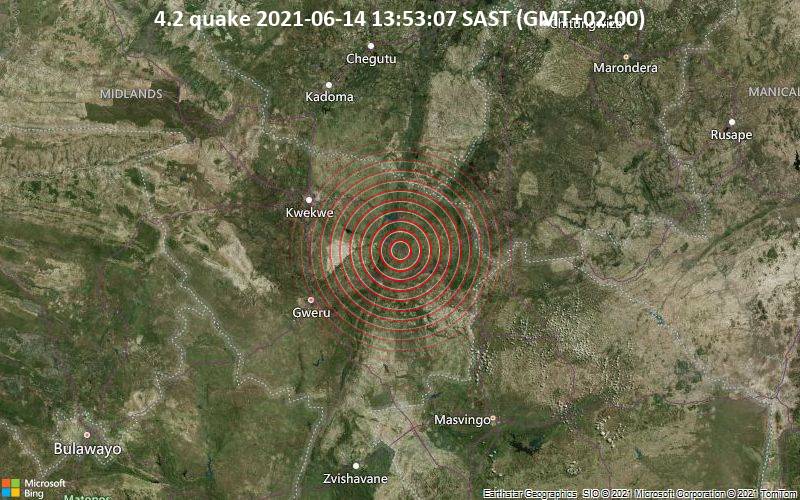Last week’s China-U.S. climate agreement between the world’s top two polluters puts pressure on Canada to do more, but the government won’t commit to matching the Americans’ new target.
“We’re commited to reducing our greenhouse gas emissions but, you know, with Paris in 2015 we’re not going to presuppose any of the negotiations and agreements that come before that session,” said Colin Carrie, Parliamentary Secretary to the Minister of the Environment.
The United Nations Climate Conference will be held in Paris, France in 2015. Participants will be looking to adopt a global climate agreement to be implemented from 2020 onwards.
U.S., China agreement a first
The U.S.-China deal, announced in Beijing, would double the annual rate at which the U.S. is reducing its emissions and, by 2025, cut emissions to 26 to 28 per cent below 2005 levels.
China, meanwhile, says 20 per cent of its energy will come from zero-emission sources by 2030, the year the country has promised its greenhouse gas emissions will peak. It’s the first time China has agreed to cap emissions.
READ MORE: U.S.-China climate deal pushes Canada to keep pace with largest trading partner
A 2013 report by Environment Canada said Canada is not on track to make its original target to reduce greenhouse gases to 17 per cent of 2005 levels by 2020.
“Everybody is entitled to their own opinion,” Carrie said in an interview on The West Block with Tom Clark. “2020 is still far away.”
When asked where the country’s oil and gas regulations are – promised for 2012 – Carrie said Canada is waiting to coordinate with the U.S.
“It doesn’t make any sense to put Canadians at acompetitive disadvantage with the United States and put 275,000 jobs at risk because Canada didn’t coordinate,” he said.
Canadian economist Don Drummond says we need to get past the idea that helping the environment will wreck the economy.
“There are efficient mechanisms and appropriate changes in behaviour that can achieve both a strong economy and a good environment,” Drummond said in an interview on The West Block.
Drummond is part of the newly formed Ecofiscal Commission, formed by a group of policy-minded economists from across the country who believe there are practical solutions to boost the economy and the environment.
“There’s lost of arrays of possibilities to do it in a smart and efficient way where you can have both,” said Drummond.
The potential solutions include a carbon tax, but Drummond says that’s just one component of an environmental package.
© Shaw Media, 2014






